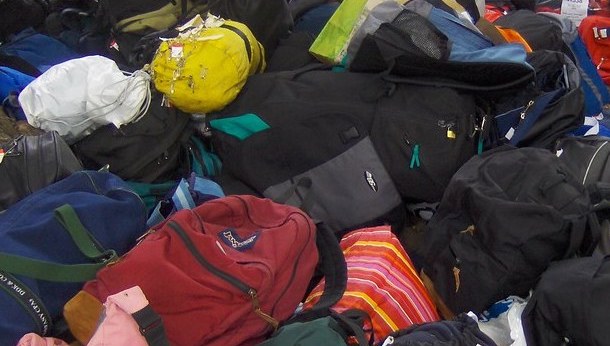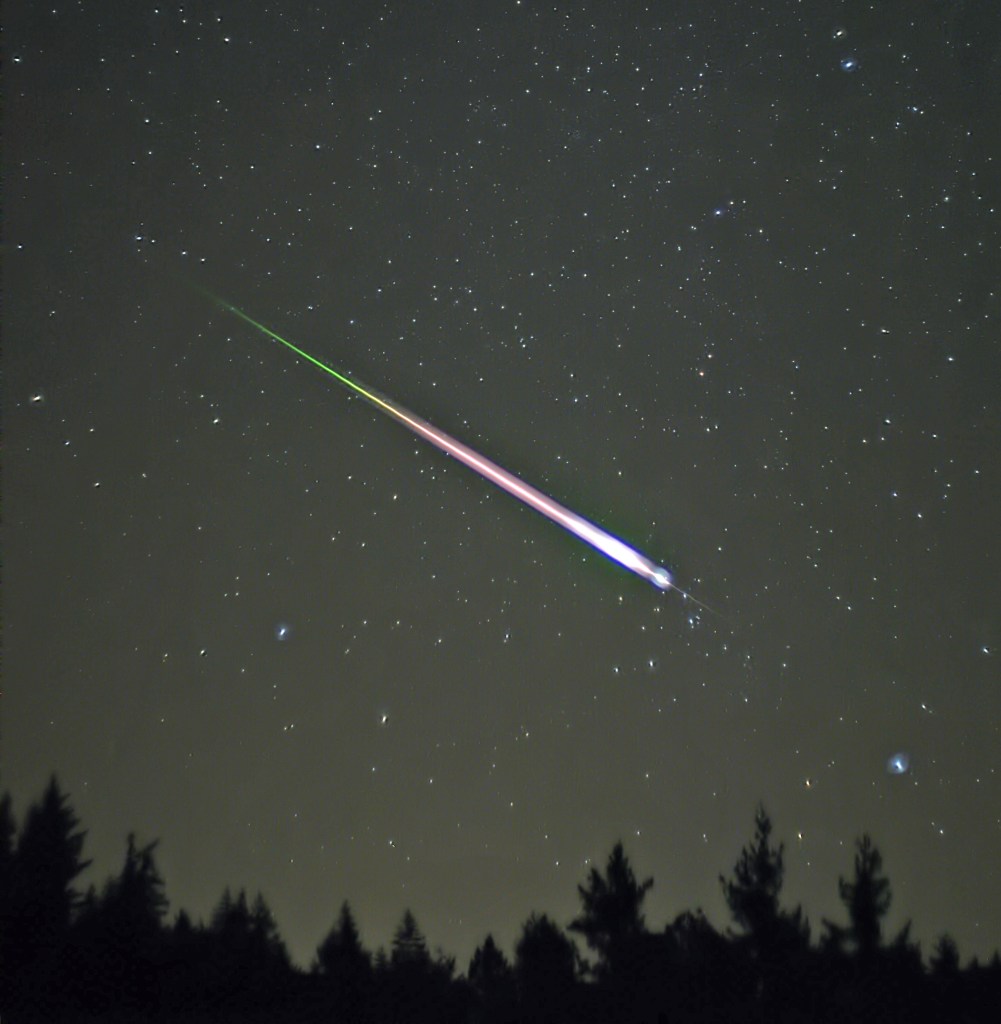
This just caught my attention: “There have been 40 school shootings this year that resulted in injuries or deaths, the most in a single year since Education Week began tracking such incidents in 2018.“
I was a teacher for 20 years, all of that time spent in an inner-city, Title I high school where sometimes things got tense. It’s not easy to remain calm in the face of danger, but as a teacher my job was to protect children and, when issues arose, I did what I was trained to do: lock the doors, keep the kids calm and quiet, remind them that we practiced for emergencies and all we had to do was follow protocol.
Luckily, at least in my experience, everyone headed home unharmed on those rare occasions when a situation got out of hand. Still, later I would often think of ways to make students safer at school and I settled on some relatively simple solutions. Note these ideas are not new, but together I believe they could make a big difference.
First, if I were in charge, I would insist that no students carry bags on campus, with just a couple of small exceptions. No backpacks or equipment bags or large purses allowed, period. I know what you’re thinking. Kids need their stuff to be successful students, but a quick peek inside many of those bags often revealed that children were not toting around possessions that were school-related. In my experience, text books, writing utensils, computers, and notebooks were rarely included in those bags. When you consider that many classrooms contained sets of textbooks for school use and students were often allowed to keep a copy at home, as well, why would students need those big bags? The same can be said of computers. Students could easily leave those laptops at home, because just about every classroom had desktop computers. (Note that I realize this is not the norm in every school.) In regard to taking notes, kids often typed on their phones, which slide easily into pockets, and even if students took pen-and-paper notes, a binder is easily carried.

Those equipment bags athletes carry could be dropped off with the coaches at the beginning of the day, kept safely for practice after school. Since some students struggle with homelessness and mostly live out of their backpacks, perhaps some dedicated storage area in counseling could be used to house those bags throughout the school day. In regard to purses—yes, the girls would be horrified to be without their makeup—I’d allow the smallest of clutches, no more than eight-inches long and four-inches deep, for mascara, lipstick, eyeliner, and personal products.
Since the idea is to avoid a place to put contraband, there would also be no lockers at my school. Trying to monitor what’s in them is too time consuming, and if we just get rid of lockers, there’s no place to hide things that shouldn’t be on campus.
The next thing I’d do is make kids wear uniforms. Yes, I know children want to be individuals, but requiring a prescribed set of shirts, pants, and skirts is not such a horrible burden. One argument against uniforms is that they cost money. Well, so do regular clothes. Still, if a family is struggling, I’m sure a program could be instituted to get uniforms to those in need. Then, however, teachers and administrators must uphold the dress code. Teachers hate the idea, because they often end up being the fashion police which takes time out of the school day, but if everyone is on board, eventually the kids would fall in line. Having a set of dress-code standards would keep kids safe, because there would simply be no place to hide a weapon.

Another thing I’d do is require students to participate in clubs, sports, and activities. The most dangerous time of day for kids is between the hours of 3:00 and 6:00 pm, the time span between when school ends and adults return home from work. Exceptions could be made for children who must take care of young siblings or those with after-school jobs, but keeping the vast majority of students on campus and involved can prevent a lot of problems. Also, by requiring children to explore their interests, we might provide them with the social interaction that is lacking in many young lives, especially those of boys who are more prone to turn to violence.
I realize that many people feel having a school resource officer on campus is the answer to stopping school violence. While this program works well, it’s simply not practical. Here in Phoenix, Arizona, we are currently short 500 police officers. The city has 325 public schools and more than 200 private and charter schools. Do the math. There are simply not enough police officers to go around, a problem in cities and rural areas all over the country, which leaves the issue of safety up to districts and individual schools.
While no one policy can prevent school violence, I think we must consider any ideas that might help, because if we don’t do something the carnage will just continue.

The past and present collide when a tenacious reporter seeks information on an eleventh century magician…and uncovers more than she bargained for.
WOLF CATCHER
Anne Montgomery
Historical Fiction/Suspense
TouchPoint Press
February 2, 2022
In 1939, archeologists uncovered a tomb at the Northern Arizona site called Ridge Ruin. The man, bedecked in fine turquoise jewelry and intricate bead work, was surrounded by wooden swords with handles carved into animal hooves and human hands. The Hopi workers stepped back from the grave, knowing what the Moochiwimi sticks meant. This man, buried nine hundred years earlier, was a magician.
Former television journalist Kate Butler hangs on to her investigative reporting career by writing freelance magazine articles. Her research on The Magician shows he bore some European facial characteristics and physical qualities that made him different from the people who buried him. Her quest to discover The Magician’s origin carries her back to a time when the high desert world was shattered by the birth of a volcano and into the present-day dangers of archeological looting where black market sales of antiquities can lead to murder.
REVIEW COPIES OF WOLF CATCHER AVAILABLE UPON REQUEST
Review/interview requests: media@touchpointpress.com
Available where you buy books.








